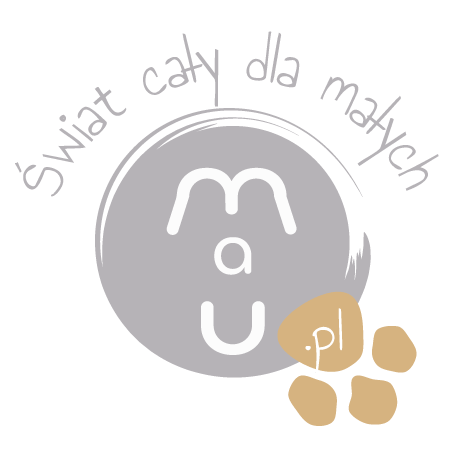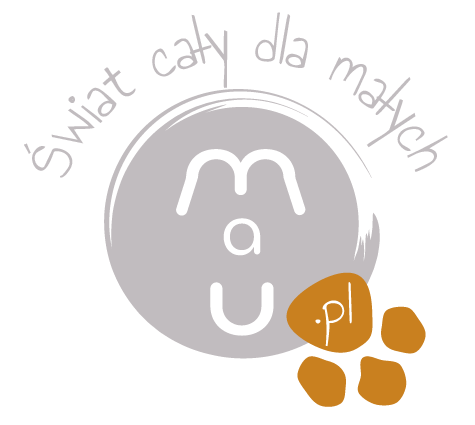Rather, there is significant evidence that addiction is a complex cultural, social, and psychological phenomenon, as much as it is a biological phenomenon. As Heyman outlines, the current costs of drug abuse are enormous, including costs of enforcement and lost productivity, as well as incarceration, which has increased 10-fold since 1980. Importantly, he reminds us that drug abuse is a behavioral, or psychiatric, disorder.
- Treatment for chronic diseases focuses on managing symptoms, preventing complications, and promoting overall health.
- Family studies have shown that addiction tends to run in families, indicating a genetic component.
- Even though science provides evidence that addiction is more of a disease than a choice, a significant number of people still believe that it is one’s choice to develop an addiction.
- This collective effort to confront stigma is essential in fostering effective interventions for those grappling with addiction.
The Role of Empathy and Compassion in Supporting Others’ Sobriety
“Craving” is something we’ve all experienced, whether it’s for chocolate, coffee, or a social media fix. In addiction, cravings are often overwhelming, driven by changes in brain chemistry, which explains why quitting isn’t just about willpower. Next is “willpower.” Willpower is the inner strength we rely on to make tough decisions, like saying no to dessert or getting out of bed early. In the context of addiction, willpower alone often isn’t enough, which can feel confusing.
Ways to Support Your Loved One Through Treatment
Understanding the social and environmental factors influencing addiction is essential in the ongoing debate of is addiction a choice or a disease?. Neighborhood conditions and racial disparities significantly impact the prevalence of substance use and the experience of individuals struggling with addiction. Efforts to dispel myths about addiction can lead to more informed discussions and a greater understanding of the complexities surrounding substance use disorders. For example, treating drug use as a public health issue rather than a criminal activity can help destigmatize addiction and encourage a more compassionate approach to treatment. Recognizing that addiction often affects diverse populations differently is also crucial. For instance, Black individuals and other communities of color face disproportionate rates of arrest for drug-related offenses despite similar usage rates compared to white individuals.
Factors Influencing the Choice Argument
- It highlights the complex interplay between biological, psychological, and environmental factors that contribute to addiction.
- While there may not be a singular cause for addiction, various risk factors can increase an individual’s susceptibility to developing a substance use disorder 1.
- Addiction is widely debated, with some viewing it as a disease and others as a personal choice.
- Addiction can be defined as a chronic condition characterized by compulsive engagement in rewarding stimuli despite adverse consequences.
- Whether or not you view addiction as a disease, the reality is that treating it requires more than just willpower.
- Common forms of addiction include substance abuse (e.g., drugs, alcohol) and behavioral addictions (e.g., gambling, internet addiction).
Instead, our focus should shift toward understanding, compassion, and connecting people with quality care. The less stigma there is around addiction, the easier it is for people to seek help without fear of judgment. There’s a difference between the initial choice to use a substance and the loss of control that characterizes addiction.
Like other chronic diseases such as diabetes or heart disease, addiction can require long-term treatment and management to achieve recovery. Even when someone enters recovery, these changes can impact the brain long-term, calling for professional addiction treatment that involves a whole-patient approach including medication and psychotherapy. Thankfully, successful recovery is possible for people with substance use disorders, and many programs have been carefully created to help rebuild the parts of the brain that were damaged by drug misuse.
The Value of Escapist Entertainment in a Complex World
The disease model works against the stigma of addiction, and highlights the need for effective treatment approaches that cater to each person’s needs. Treatment for chronic diseases focuses on managing symptoms, preventing complications, and promoting overall health. Intensive treatment approaches like inpatient rehab work on the underlying issues that drive addiction, and continuing care helps you prevent relapse and live a fulfilling sober life in the long term.
With repetition, these bursts of dopamine tell the brain to value drugs more than natural rewards, and the brain adjusts so that the reward circuit becomes less sensitive to natural rewards. This can make a person feel depressed or emotionally https://www.katespadeoutletstores.us/how-i-became-an-expert-on/ “flat” at times they aren’t using drugs.1 If natural rewards are a plate of broccoli, drugs are a huge bowl of ice cream, and broccoli is even less appetizing after ice cream. But while no one forced an addicted person to begin misusing a substance, it’s hard to imagine someone would willingly ruin their health, relationships, and other major areas of their lives. Surely, if overcoming addiction were as easy as simply choosing to stop, the problem of addiction would be much easier to address and relapse would not be as common. How much of addiction can be attributed to genetics4 has long been a topic of scientific debate. Addiction is a state of psychological and/or physical dependence on the use of drugs or other substances, such as alcohol, or on activities or behaviors, such as sex, exercise, and gambling.
The Neurobiology of Addiction: Exploring the Brain’s Reward System
Recognizing the different viewpoints, let’s explore treatment approaches based on both choice and disease models. The disease model provides a compassionate framework, reducing stigma and encouraging more people to seek help by viewing addiction as a treatable medical condition. Meanwhile, the choice model emphasizes empowerment, focusing on behavioral changes and accountability that can lead to recovery without viewing oneself as a patient. Just as with all chronic diseases, addiction can never be fully “cured.” Commonly, addiction is compared to cancer where many people can go into “remission” but never be fully cured. As with unfortunate cancer diagnoses, people will addiction may relapse and return back into their addiction. Usually, this happens because of the long-term psychological effects that stay in the brain of someone with a substance use disorder.
Some argue that addiction is a chronic, relapsing brain disease, while others believe it is a result of personal choices and behaviors. This blog post aims to explore http://treehousemag.com/2012/05/21/three-notes-on-jesus-son/?share=facebook&nb=1 both sides of the debate and debunk common misconceptions surrounding addiction. On one side, many experts argue that genetic predispositions and neurological changes make addiction a chronic condition that requires long-term management.
Addiction is a complex condition that affects individuals from all walks of life. It is not a moral failing or a lack of http://www.portobellocc.org/pccpn/2016/01/29/calling-all-designers-start-ups-smes-and-developers-edinburghapps-annual-event/ willpower, but rather a chronic, relapsing brain disease that requires medical intervention and support. This model views addiction as a health condition that disrupts normal brain functioning. The brain adapts to the consistent presence of an addictive substance, diminishing its response to natural rewards. As a result, treatments are focused on managing these brain changes through medically based interventions similar to those used for chronic illnesses like diabetes or heart disease.
The Disease Model
It’s important to note that treatment approaches based on choice and disease are not mutually exclusive. In many cases, a combination of both approaches may be beneficial for individuals struggling with addiction. The choice to seek treatment and make positive changes is influenced by personal agency, while the disease model emphasizes the need for medical intervention and support. By considering both perspectives, treatment programs can be tailored to address the unique needs of individuals affected by addiction.





